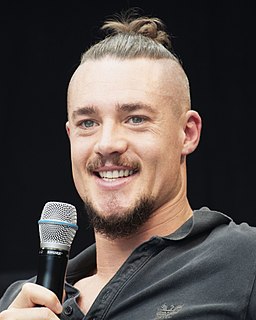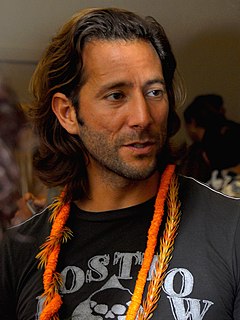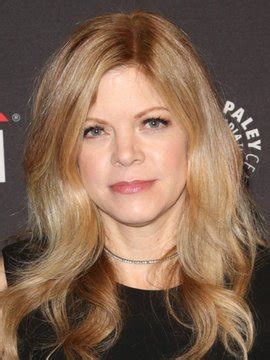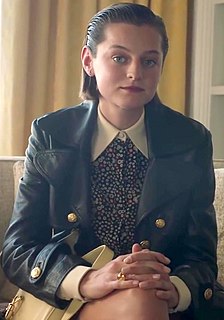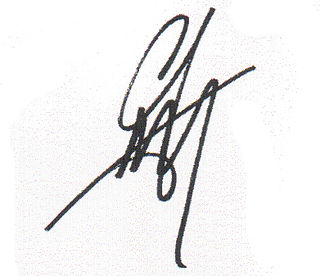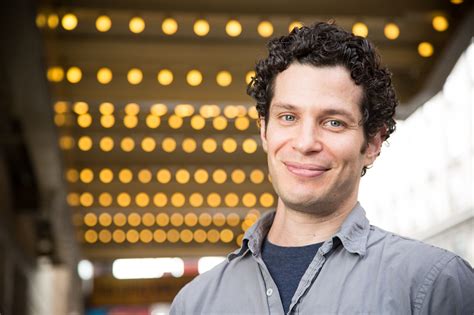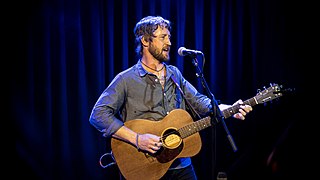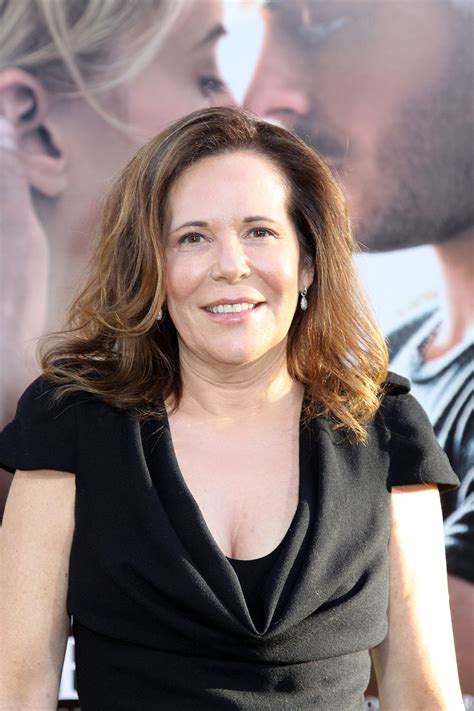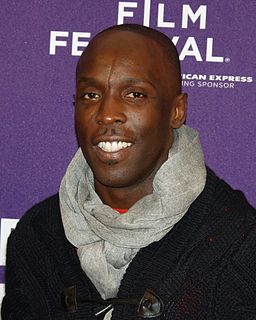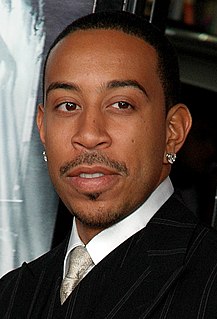A Quote by John de Lancie
The part of television I like are things that have a documentary feel to them.
Quote Topics
Related Quotes
I still audition a lot - it depends on the medium. For film, I audition just like everyone else, because it's a different set of casting directors. For television and theatre - well, for theater, there's some auditioning that has to happen, just for them to know that you can sing it, and how you'd take on the part. But for TV, things are getting a little better with, "Would you like to be a part of this?" But that's really for one - night things. It sounds like a pompous answer, if I say people are calling me to ask me to do things.
There's sometimes when I feel really balanced, and there's other times when I feel like I'm trying to keep juggling too many balls in the air, and I feel like I'm on the edge of dropping all of them and having them all land on my head, you know? Scheduling is a big part of it, and the other is just remaining flexible and keeping a sense of humor about things.




